Introduction
Sewing is a wonderful craft that allows you to create beautiful garments, home decor items, and so much more. However, if you’re new to sewing, you might find yourself encountering unfamiliar terms that can be confusing. This article aims to introduce you to various sewing terms to help you understand and speak the language of sewing.
1. Seam Allowance
Seam allowance refers to the extra fabric between the edge of the fabric and the stitching line. It allows room for joining fabric pieces and creates a strong seam. The standard seam allowance is typically 5/8 inch (1.6 cm), but it can vary depending on the project.
2. Bias
Bias refers to a 45-degree angle across the grain of the fabric. When fabric is cut on the bias, it has more stretch and flexibility, making it ideal for creating curved edges, such as binding or ruffles.
3. Bobbin
A bobbin is a small spool that holds the lower thread in a sewing machine. It is placed in the bobbin case and works together with the upper thread to form stitches on the fabric. It needs to be wound with thread before use.
4. Zigzag Stitch
Zigzag stitch is a sewing machine stitch that creates a zigzag pattern. It is commonly used for finishing edges, preventing fraying, and sewing stretch fabrics. The width and length of the stitch can be adjusted depending on your project’s requirements.
5. Hem
A hem is a finished edge of a garment or fabric piece. It is created by folding back the raw edge and stitching it in place. Hems provide a neat look and prevent the fabric from unraveling.
6. Notions
Notions are sewing supplies and accessories that are used in various projects. They include items like buttons, zippers, thread, elastic, snaps, and bias tape. Notions are essential for adding functionality and embellishments to your creations.
7. Selvage
Selvage, also known as selvedge, is the self-finished edge of a fabric that doesn’t fray. It is created during the fabric’s weaving process and runs parallel to the fabric’s lengthwise grain. The selvage is often utilized for marking the direction of the grainline on patterns.
8. Gather
Gathering is a technique used to create controlled fullness in a fabric piece. It involves sewing two rows of stitches and then pulling the bobbin threads to gather the fabric. Gathering is commonly used in gathering skirts, sleeves, and decorative ruffles.
Conclusion
By familiarizing yourself with these sewing terms, you will be better equipped to follow sewing patterns, understand tutorials, and communicate effectively with other sewing enthusiasts. As you embark on your sewing journey, keep exploring new terms and techniques to enhance your skills and create amazing projects!
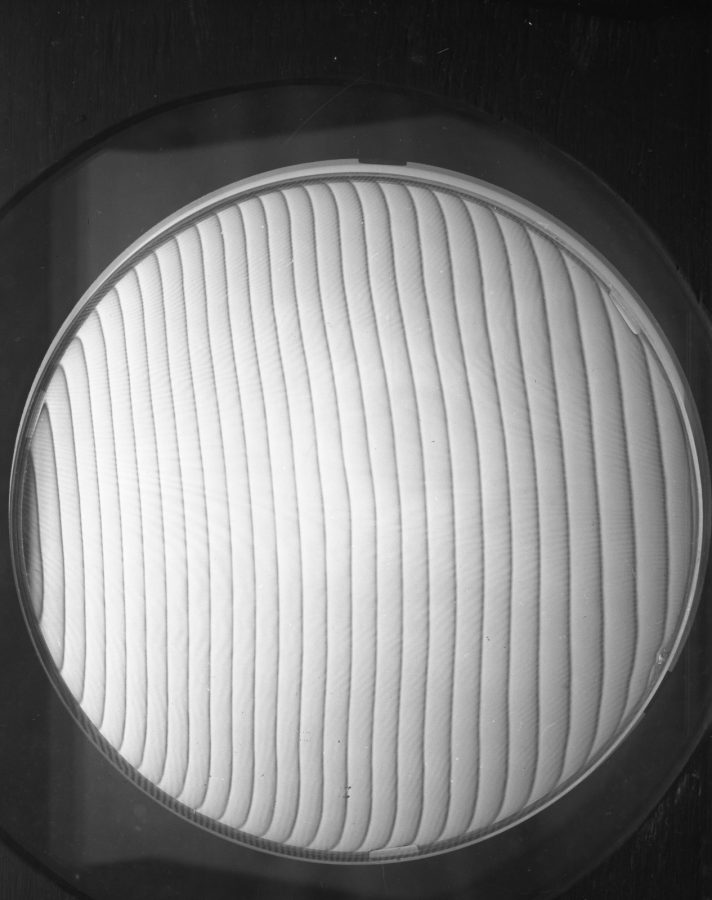
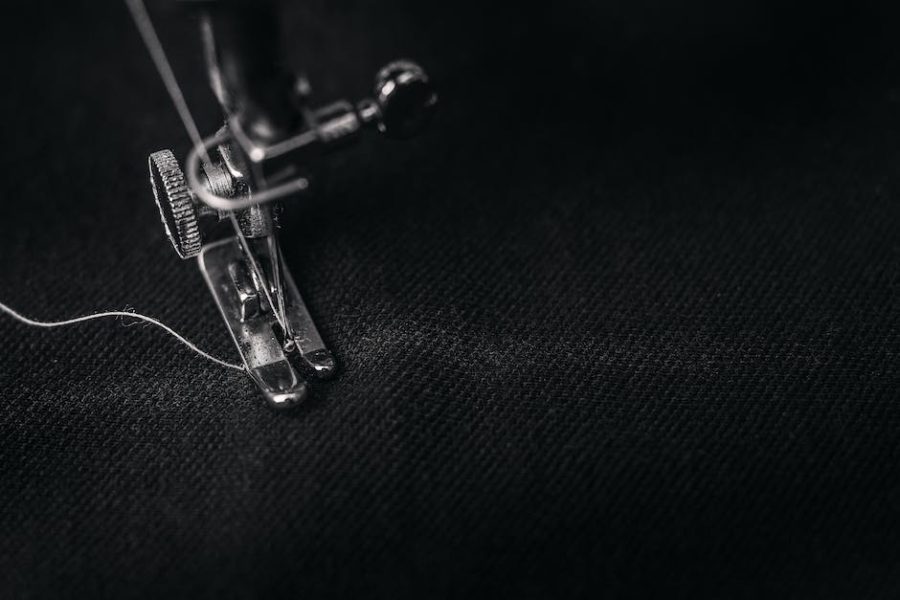
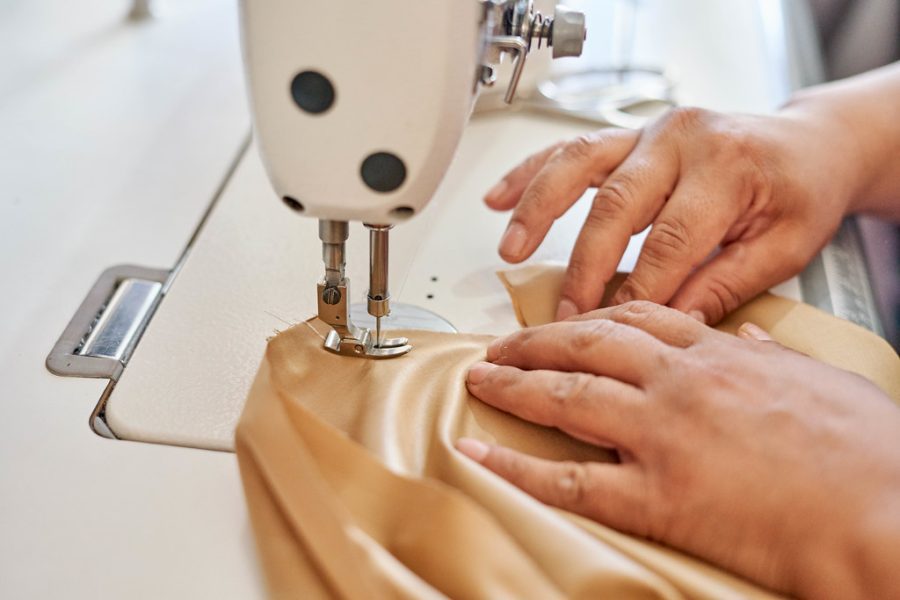
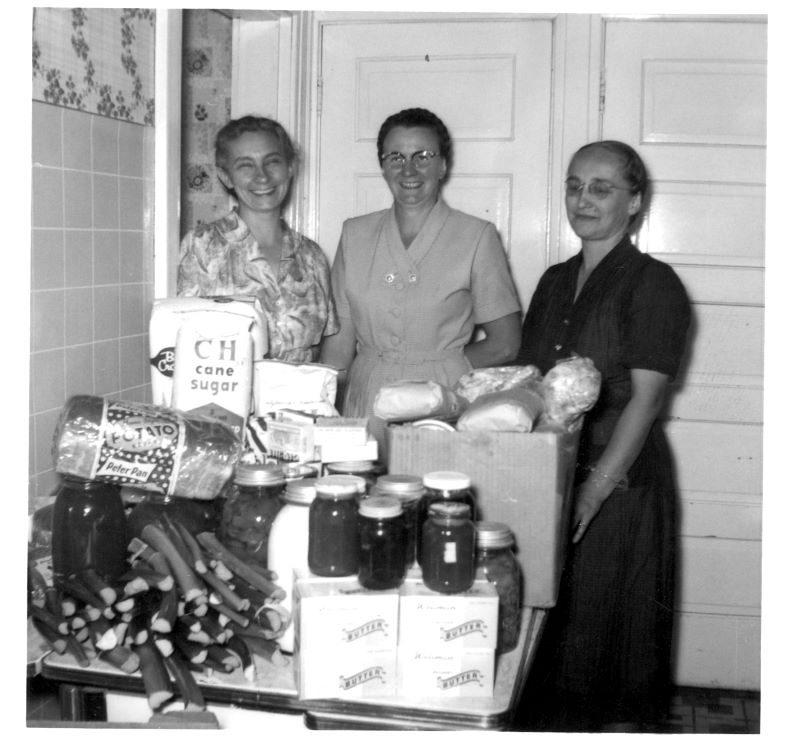
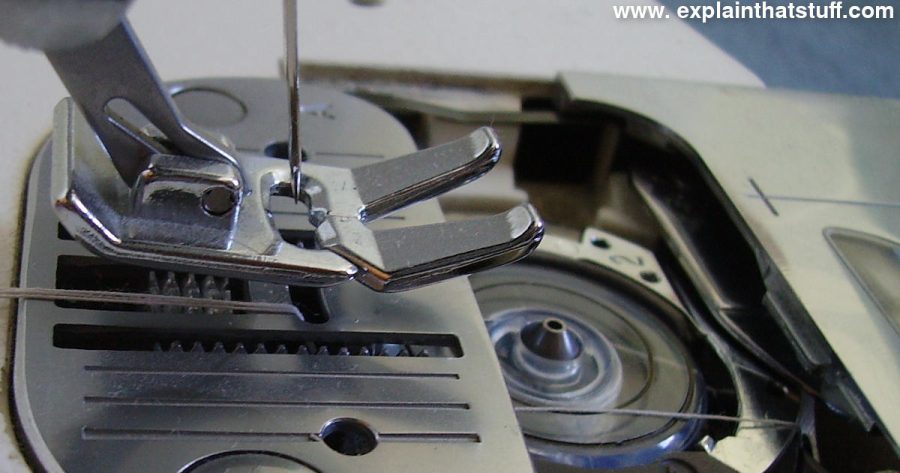
I never knew so many sewing terms existed! #SewingTrivia
John Thomas: Wow, I can’t believe how much information is in this post! #KnowledgeIsPower
This is an awesome resource for any sewist! #SewingGoals #GetCreative
This post is a great resource for sewists of all levels! It’s helpful to learn the common sewing terms to better understand the lingo. Plus, it helps expand your sewing horizons and helps make your projects easier to understand. #SewingMadeSimple #SewingTerms #SewWhatYouLove
This post is packed with helpful information! Knowing the terms can really help take your projects to the next level! #SewingTerms #LearnMore #TakeYourSewingFurther